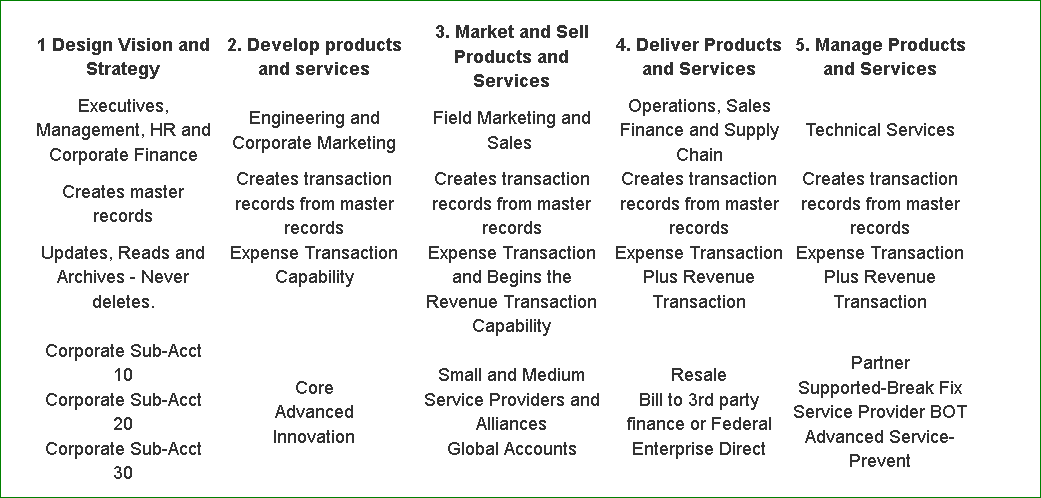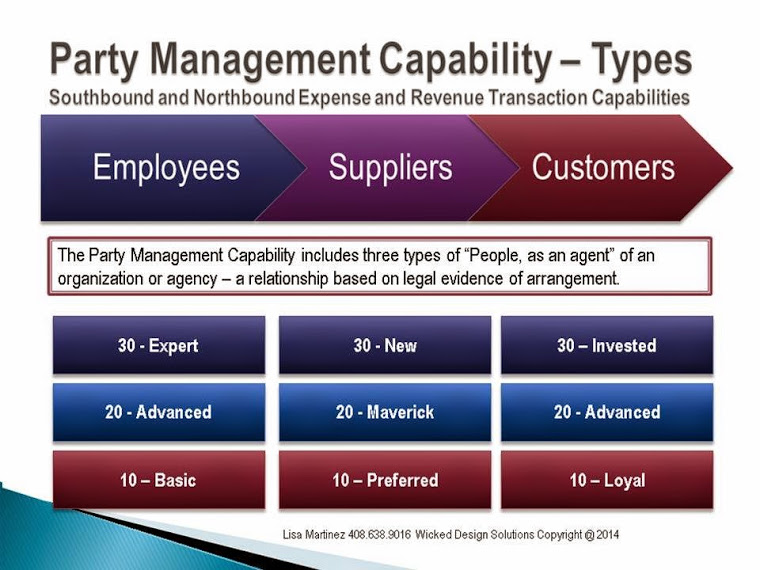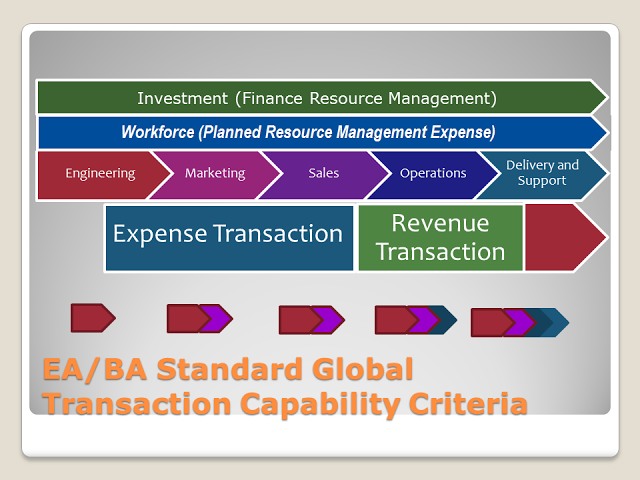The part of the business most of us are familiar and most organizations struggle to maintain efficiency with the constant changing regulatory and technology advancements.
Stakeholders
- Your workers with generalist skills before the person has attained an advanced criteria role.
- Your partners in a resale model
- Your suppliers in one direction with the preferred vendors
- Your customers for small and medium size businesses through the channels model.
Implicit Order for the typical organization of any size

Modeling and Operations
Detecting changes in the business avoids any congestion without forcing complexity in all your business operating activities.
- High Volume
- High Efficiency
- High Effectiveness

Monitoring
Logging all creates, updates and ensuring a segregation of duties between those who create the implicit and those who reference the implicit in a transaction of either of the following types of transactions.
- Implicit Order to Explicit (revenue transaction capability example)
.PNG)
- Explicit Order with stakeholders in roles
- Green indicates revenue or budget into different organizations within the organization or agency
- Investment is a type of capability managed by a corporate finance or treasury
- Workforce is a type of cost or expense into each function within the organization or agency
- An investment must be approved to maintain the current workforce including the development goals

- Expense/cost/investments/budgets/run rate
- Revenue/bookings/invoiced/Commission-able Sales/
- Change management
- Moves to 20 change lane - apply change in 20 and return to 10 for operations.
Adjacent Possibilities for Risk Avoidance
A minimum and maximum degree of variance on decisions enables the least effort and holds the users accountable for managing their decision making within a certain degree of acceptable risk.
- The user has a choice to accept the default and expect the best results.
- The user has a choice to change the default within a range determined to have risk with known and accepted.
- The user has a choice to change the default to an exception, with high touch requirements and new risk to assess, authorize and measure.
Cross sector, industry and boundaries Gap in Workforce Skill
The before mentioned ensures the gap in skills within the workforce in all places in the world can be managed without forcing users to understand many technology solutions. In our current environments the applications purchased rarely go into production configured as designed.
Analytical Reporting is Perception not Performance
We've become accustomed to offline reporting which is a perception of operations. Errors of omission are just one way we fail to realize the expenses remain within the business.
Employers Responsibility
If an organization or agency intends to succeed, they must supply tools which are effective in an adjacent possibility model. An acceptable degree of variance offers the adjacent possibilities by design.